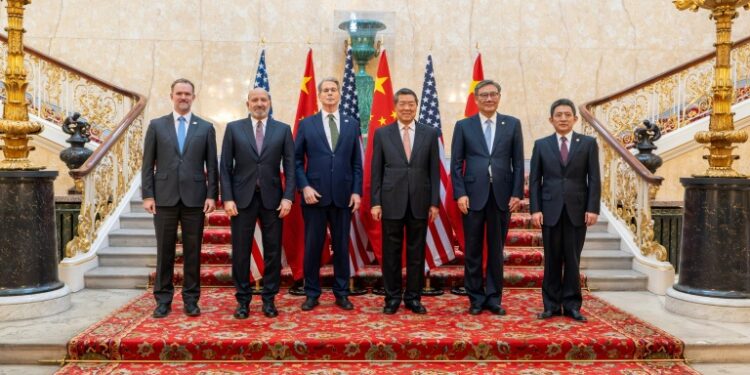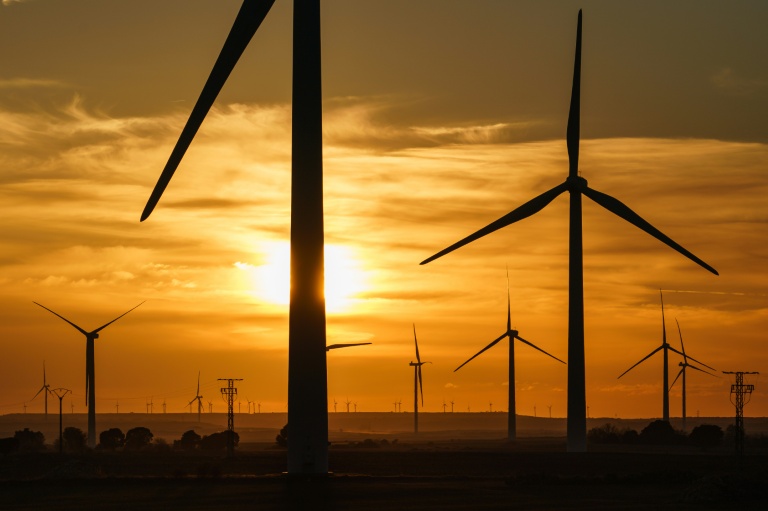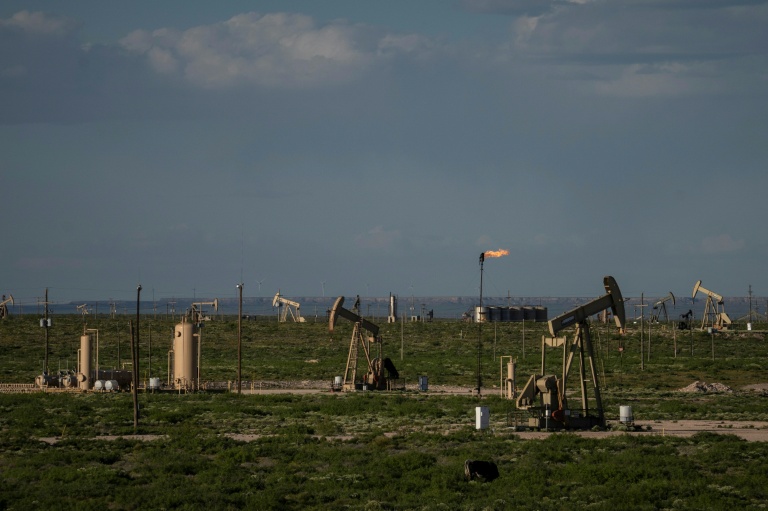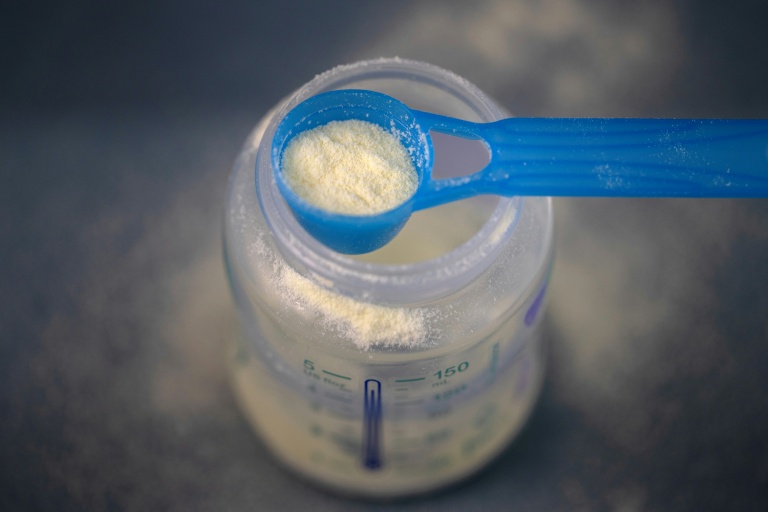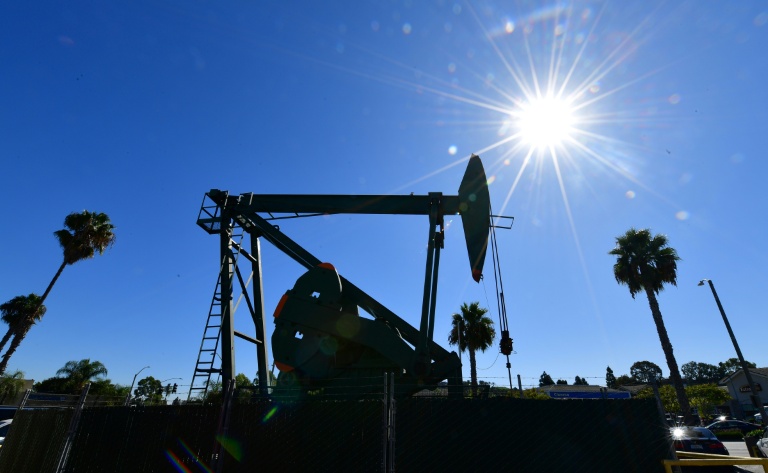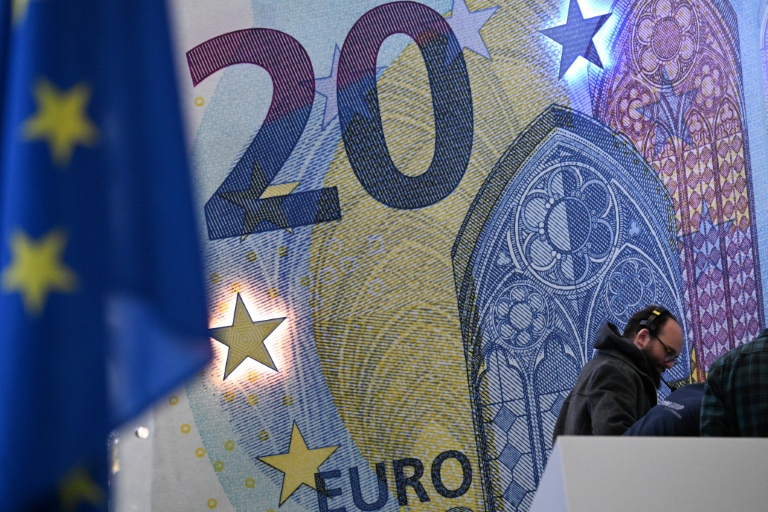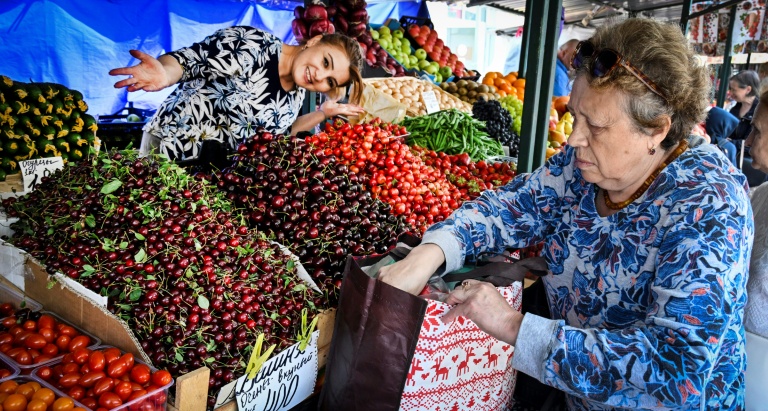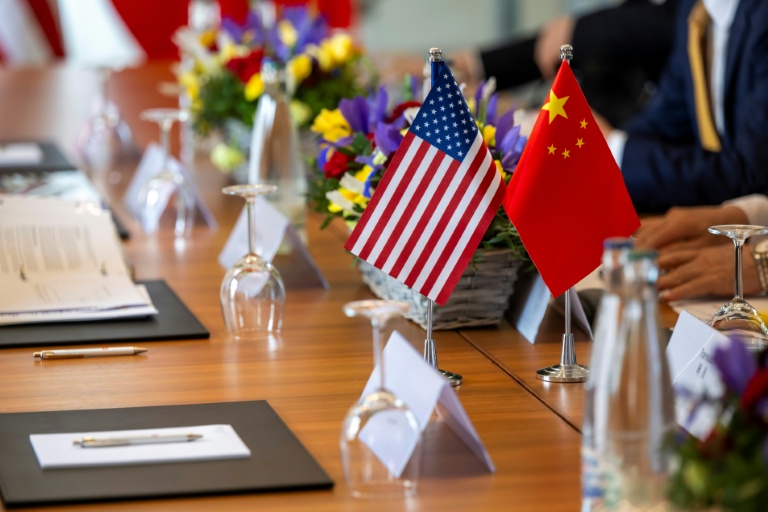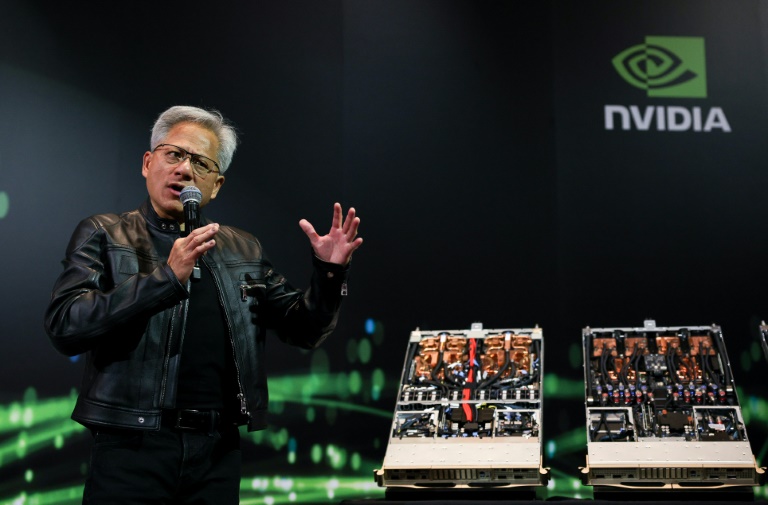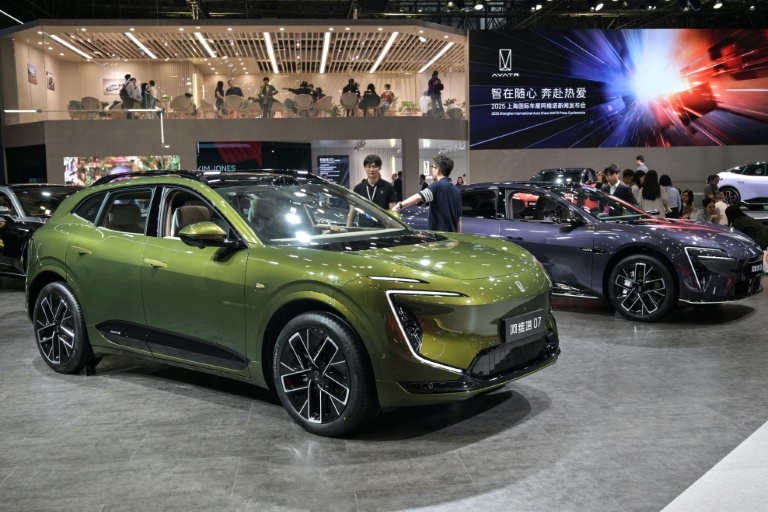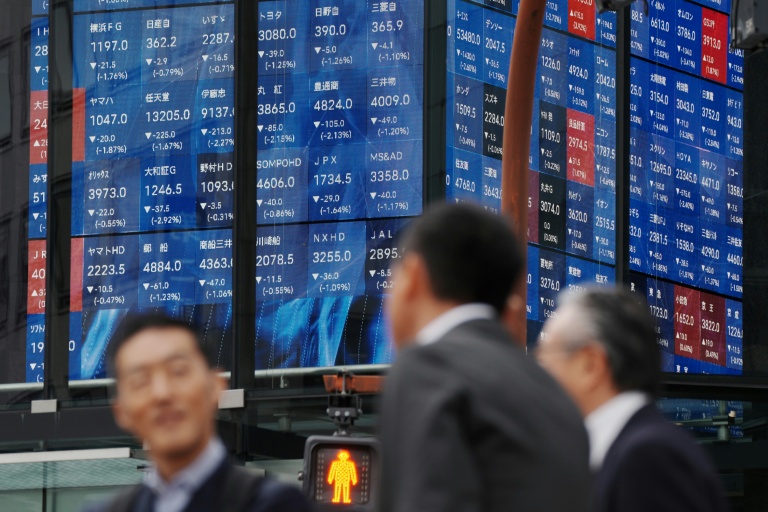London (AFP) – China’s vice premier and top trade negotiator said Beijing was ready to “strengthen cooperation” with Washington, Chinese state media said Wednesday, following trade talks in London that had made substantial progress. US Commerce Secretary Howard Lutnick expressed optimism after a full day of negotiations, noting that concerns surrounding rare earth minerals and magnets “will be resolved” eventually, as the deal is implemented.
However, this framework will first need to be approved by leaders in Washington and Beijing, officials said, at the end of meetings at the British capital’s historic Lancaster House. All eyes were on the outcomes of negotiations as both sides attempted to overcome an impasse over export restrictions. US officials earlier accused Beijing of slow-walking approvals for shipments of rare earths.
The world’s two biggest economies were also seeking a longer-lasting truce in their escalating tariffs war, with levies currently only temporarily on hold. “We’re moving as quickly as we can,” US Trade Representative Jamieson Greer told reporters Tuesday. “We would very much like to find an agreement that makes sense for both countries,” he added, emphasizing the complexity of the relationship. “We feel positive about engaging with the Chinese,” he maintained.
Speaking separately to reporters, China International Trade Representative Li Chenggang commented, “Our communication has been very professional, rational, in-depth and candid.” He expressed hope that progress made in London would help to boost trust on both sides. In a state media readout of the talks released Wednesday, Chinese Vice Premier He Lifeng, who headed Beijing’s team in London, stressed the need for the two sides to strengthen cooperation in future dialogue. “As a next step, the two sides should… continuously enhance consensus, reduce misunderstandings and strengthen cooperation,” He Lifeng said, according to state broadcaster CCTV.
– **Productive talks**
US Treasury Secretary Scott Bessent earlier described the closely-watched trade talks as productive, although scheduling conflicts prompted his departure from London while negotiations were still ongoing. Bessent, who led the US delegation with Lutnick and Greer, left early to return to Washington for testimony before Congress, according to a US official.
Both sides do not yet have another gathering scheduled. However, Lutnick mentioned Tuesday that US measures imposed when rare earths “were not coming” would likely be relaxed once Beijing moved forward with more license approvals. Stocks rose Wednesday as investors welcomed the China-US agreement to lower trade tensions, raising hopes that the economic superpowers will ultimately reach a broader tariff deal. Hong Kong was among the best performers in Asia, while European markets were also up.
The London negotiations follow talks in Geneva last month, which saw a temporary agreement to lower tariffs. This time, China’s exports of rare earth minerals – used in various applications including smartphones, electric vehicle batteries, and green technology – were a key issue on the agenda. “In Geneva, we had agreed to lower tariffs on them, and they had agreed to release the magnets and rare earths that we need throughout the economy,” US President Donald Trump’s top economic adviser, Kevin Hassett, told CNBC on Monday. Even though Beijing was releasing some supplies, “it was going a lot slower than some companies believed was optimal,” he added.
– **’Mirror arsenal’**
Both countries “have developed almost a mirror arsenal of trade and investment weapons that they can aim at each other,” noted Emily Benson, head of strategy at Minerva Technology Futures. As they leverage economic tools to shift global power structures, she indicated it may be unreasonable to expect a typical trade and investment deal. However, both sides could still find methods to mitigate a downward spiral.
A de-escalation of tensions could involve Chinese efforts to streamline the process for granting export control licenses, Benson observed, mentioning that Beijing appeared understaffed given the volume of requests. On the US side, this could translate into a relaxation of certain export curbs in the high-tech domain.
Yet, observers remained cautious. Thomas Mathews of Capital Economics warned that Washington was unlikely to “back off completely,” which could negatively impact markets. Since returning to office, Trump has imposed a 10 percent levy on both allies and adversaries, threatening steeper rates on dozens of economies. His tariffs have adversely affected trade, with Beijing’s data showing that Chinese exports to the United States plummeted in May.
The World Bank on Tuesday joined other international organizations in cutting its 2025 global growth forecast amid ongoing trade uncertainty. China is also in discussions with partners, including Japan and South Korea, to build a united front against Trump’s tariffs.
© 2024 AFP

